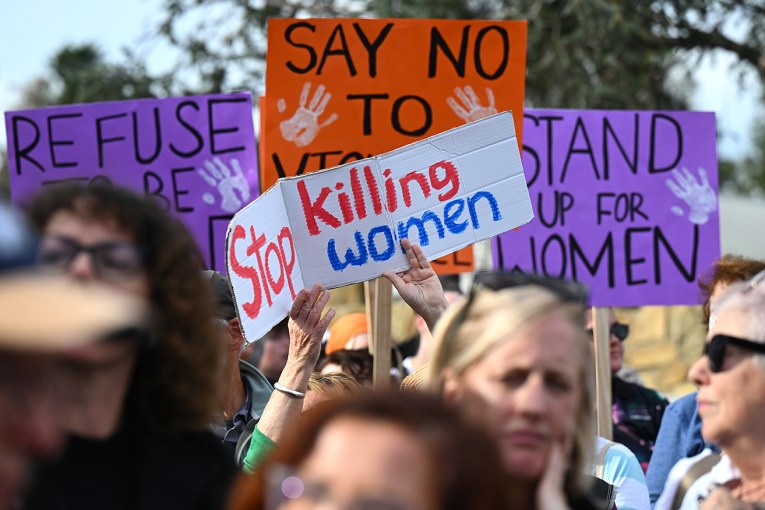Crack down on foreign property
Foreigners who have bought Australian properties without proper approval have until the end of November to come forward or face tough penalties, under a crackdown on foreign property investment.
Those new penalties include fines of more than $100,000 and up to three years jail for individuals and fines of more than $600,000 for companies.
They will apply to foreign buyers and those who facilitate illegal property sales, including developers and real estate agents.
The package announced on Saturday also includes a range of new fees for all foreign acquisition applications and new lower thresholds for foreign purchases of rural land ($15 million, down from $252 million) and agribusiness ($55 million, down from $252 million).
Prime Minister Tony Abbott said there were rules controlling foreign acquisition of real estate but they weren’t being enforced, without a single prosecution or divestment order under Labor.
Foreign investors mostly aren’t allowed to buy existing residential real estate but, subject to approval, can buy new residential property on the basis that this drives demand for housing stock.
But there’s growing concerned that rules have been widely flouted, with foreign buyers pricing locals out of heated city property markets.
Under the new regime, there’ll be better enforcement through transferring residential real estate functions from the Foreign Investment Review Board to the better-resourced Australian Taxation Office.
It will be able to use its extensive data-matching systems to identify possible breaches.
Mr Abbott said there was no doubt foreigners illegally buying into the existing residential property market were driving up prices.
“We want to ensure that locals are getting a fair go, that the playing field is at least level and, if possible, slightly tilted towards the locals,” he told reporters in Sydney.
Treasurer Joe Hockey said there would be a moratorium on enforcement of the new rules.
Illegal foreign investors have until November 30 to come forward without penalty. However, they’ll still be forced to divest.
Mr Hockey said this would help build confidence in foreign investment.
“They ensure that the laws that are in place are properly enforced and importantly, they give Australian investors and Australian home owners confidence they are competing on a fair and level playing field,” he told reporters.
The announcement produced mixed reactions.
Labor frontbencher Stephen Jones said the government was declaring Australia open for business and in the next breath saying “but let’s check your passport”.
“We will have differential arrangements for different countries. The government needs to send clear messages about foreign investment,” he told Sky News.
Federal Nationals leader Warren Truss said this was a win for common sense, giving the public reliable information about real levels of foreign ownership of agriculture land and agribusiness.
“There are plenty of stories of the existing rules being ignored or being circumvented through scams, front companies and contrived arrangements,” he said in a statement.
Business Council of Australia chief executive Jennifer Westacott said they were disappointed the government had decided to implement a fee regime on all overseas investments in Australia.
“Given the great progress made by the government in concluding key free trade agreements, it is disappointing they have made a decision which would undermine those deals and potentially discourage much-needed foreign investment in Australia,” she said in a statement.








